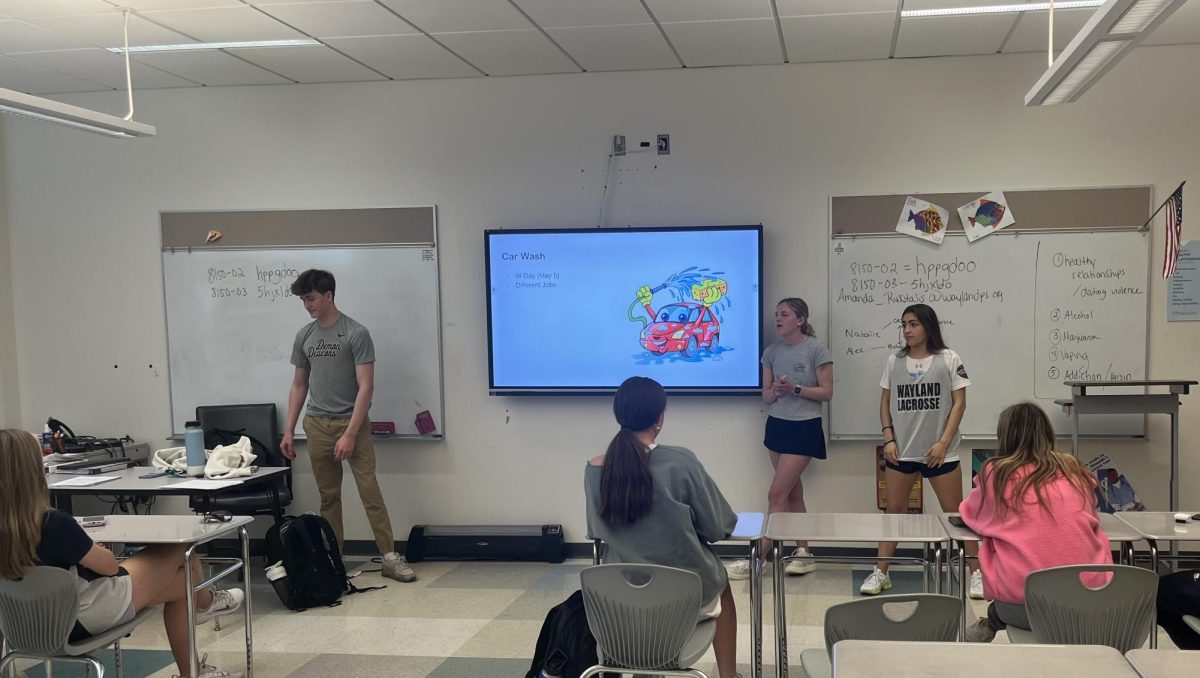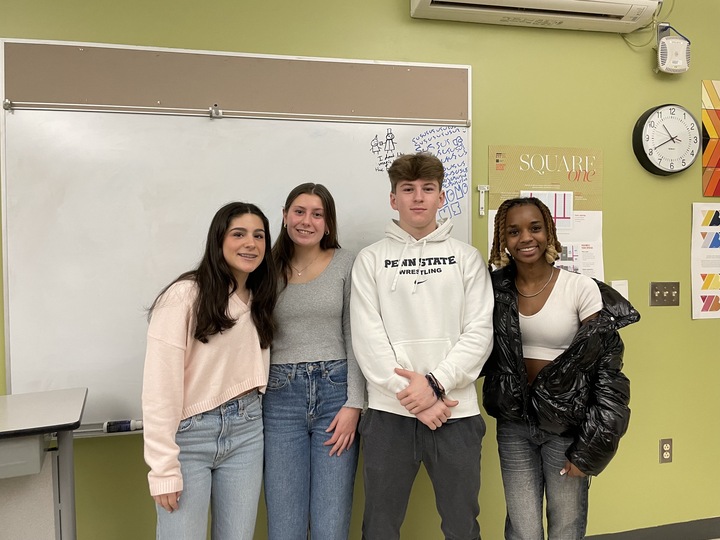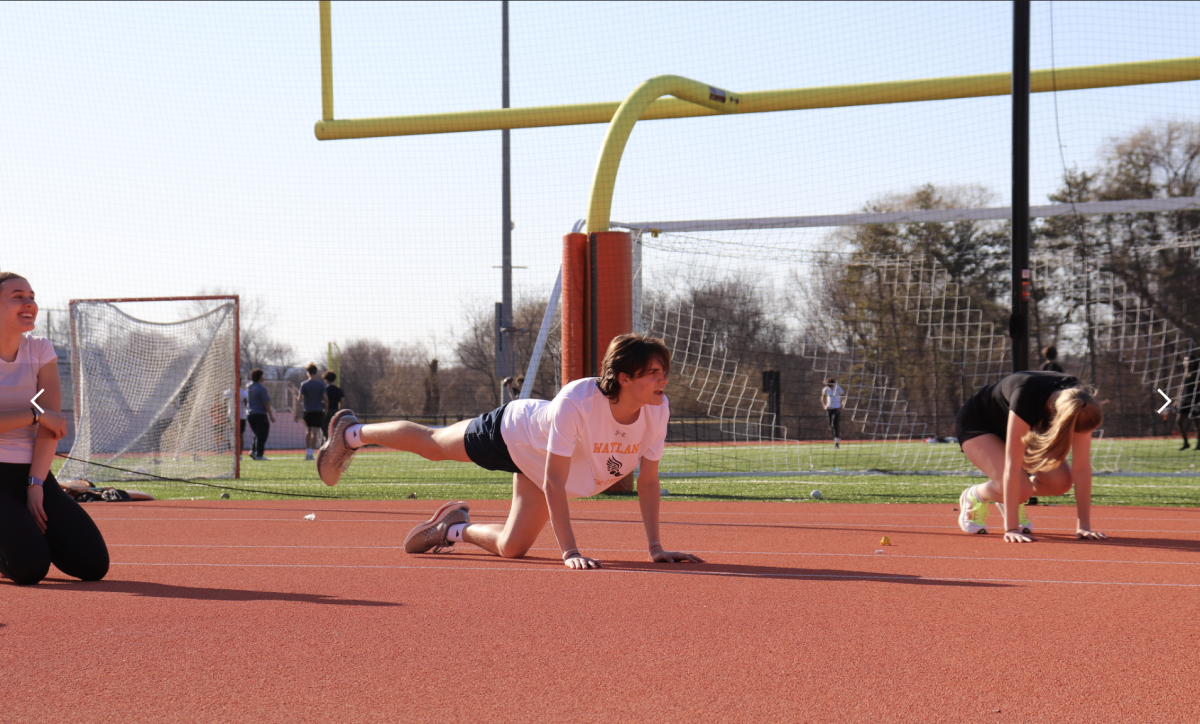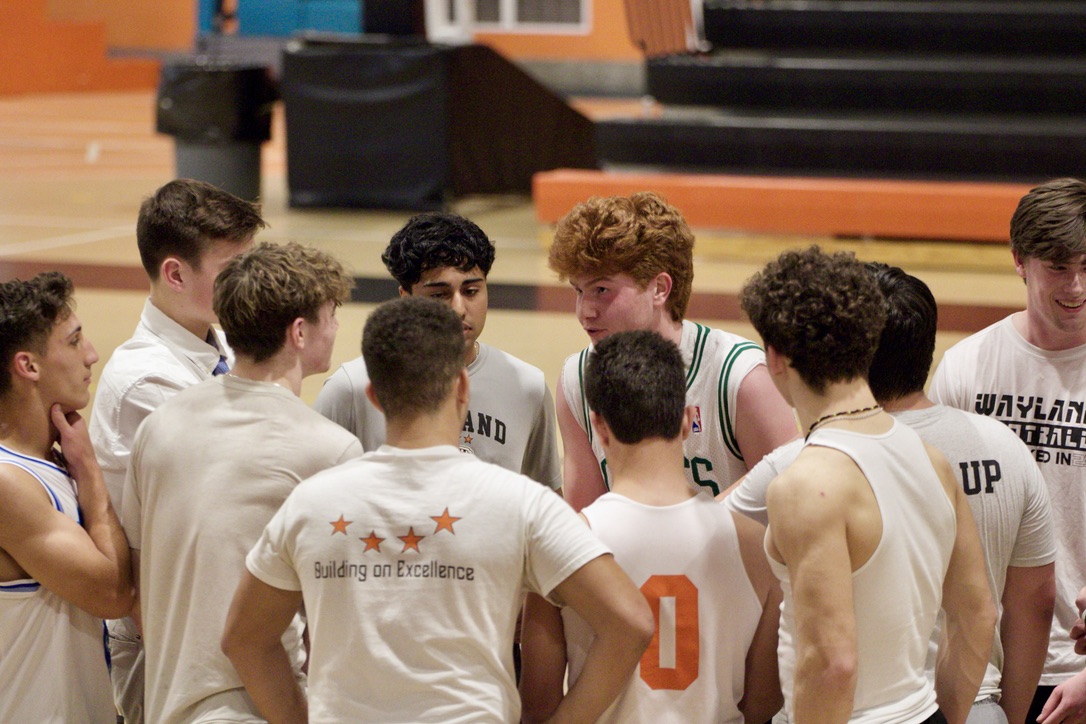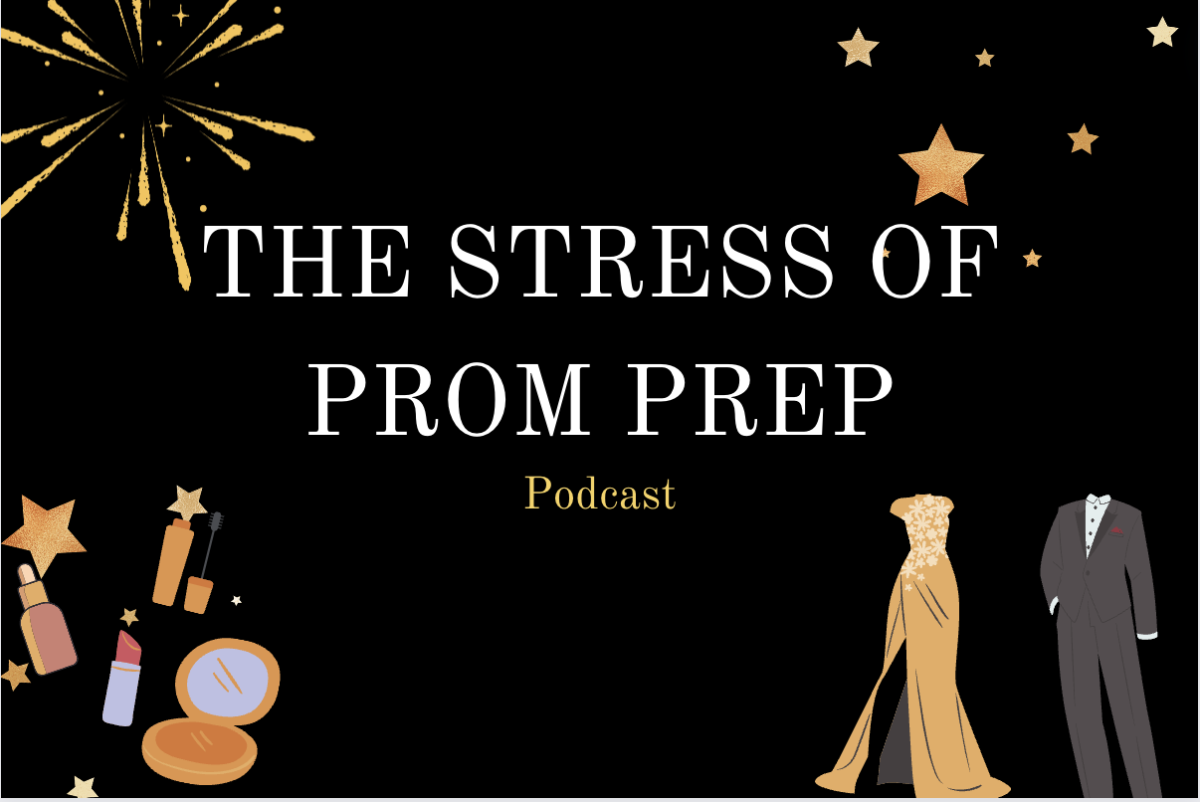How students can grow up on social media to accelerate their success
Credit: Caterina Tomassini
Joy Mayer offers her advice on using social media effectively. “Are you being intentional about what you communicate about yourself?”, Mayer said. Mayer’s expertise can be applied to the social media platforms used by students as they mature.
As teenagers, we express our personalities through our Instagram feed, share jokes by tagging our friends in memes and organize events through Facebook. In an environment reliant on technology, social media is how we share intimate moments with one another. Unfortunately, the social platforms we use are anything but private. While we may dismissively nod at the adults in our lives who warn us about the way we present ourselves on social media, their concerns are valid. As many of us make the transition from high school students to college students to professionals, the way we present ourselves online is crucial, now more than ever.
In Joan Mayer’s Poynter Institute course, “Building Trust on Facebook,” Mayer offers her expertise on how to appeal to a social media audience and inform the public. Through the “Trusting News” project, sponsored by Reynolds Journalism Institute, Mayer and students from the University of Missouri conducted research and developed successful social media strategies for newsrooms. Although Mayer’s research was based on effective social media use for newsrooms, her findings can be used universally, and offer useful tactics for students on social media.
While the primary use of social media for students is entertainment and socializing, the function of social media can change as we grow older. College students can utilize platforms like LinkedIn to advertise their skills, network with professionals and gain opportunities. Further, college students can present themselves on Facebook by uniting with groups of peers and professionals around common interests. This can be a great tactic for both networking and community building. However, to do any of this, you need to present yourself online in a way that establishes trust between you and other users.
The “Trusting News” project is centered around three key themes. The first of these themes is telling the story of your brand. Mayer suggests that in order to develop trust with your audience, you must inform the people about your credibility and values. Through doing so, a newsroom is able to separate themselves from competitors and define why they are worthy of being heard.
“Are you being intentional about what you communicate about yourself?” Mayer said. “Not here’s my content, but here’s what it represents about me, here’s what I want you to know about me and my values.”
This same lesson can be applicable to students. Using social media to inform others on your credibility and values is a key part of building your reputation and resume online. Students should do this by creating a LinkedIn, listing your past job experience and education can help you get connected with alumni and other professionals.
“The second theme is what we call ‘Engage Authentically,’” Mayer said. “You know when you are really building a relationship, you’re doing it in a way that shows you actually care what comes out of it. Not just engagement by engagement here, I don’t mean those clicks, I mean building a relationship.”
Engaging authentically as a student in an essential part of maturing on social media. Similar to newsrooms, it is important for students to engage differently on social media platforms based on its purpose and mood of its users. This means presenting yourself in a strictly professional manner on platforms like LinkedIn and using Facebook as a tool for networking. This doesn’t mean completely losing the social aspect of social media, it just means containing its certain platforms and using private accounts. Engaging differently on certain platforms allows you to differentiate your personal and professional life from one another.
“And then, the third theme that we wanted to address in some way is what we called ‘Deploy your Fans,’ which is basically take the people who already believe you, and like you, and have a connection to you, and invite them to help you expand your reach,” Mayer said.
In this theme, Mayer recommends that using a newsroom’s loyal audience members to expand reach is essential. Social media platforms, especially Facebook, have algorithms that emphasize sharing. On Facebook, posts shared by individuals are weighted greater than those shared by pages reaching a greater number of people. This is why Facebook can be such a great tool for students. You can promote yourself by sharing links to work you were involved in, articles on topics you care about and events you’re organizing. Encourage your friends, family and followers to share your content, allowing you to be recognised by a network with a greater number of people.
With these three tacts, students can mature their social media profile as their professional needs develop. Keeping Mayer’s advice in mind, Wayland students can get a head start in advancing their careers and accelerate their path to success.
Your donation will support the student journalists of Wayland High School. Your contribution will allow us to purchase equipment, cover our annual website hosting costs and sponsor admission and traveling costs for the annual JEA journalism convention.

Jessica Reilly, Class of 2020, is the social media editor for WSPN. This is her second year on the staff. She is a director for the Window Dance Ensemble...










![WSPN staff reporter Marisa Mendoza sits down with Dr. Peggy McIntosh to discuss her work regarding white privilege and how she hopes her work will be influential for years to come.
The purpose of [my published] papers was to say that the public roles we are asked to play are filled with fraudulence, McIntosh said. People in high places, even the president, are fraudulent. We must not let other people make us feel like frauds. Let us continue to spot fraudulence in the public roles we are asked to play.](https://waylandstudentpress.com/wp-content/uploads/2024/04/IMG_7403-scaled-e1714358061368.jpg)

![WSPN’s Annika Martins and Maddie Zajac explore the athletic life of senior Annabelle Zhang through her badminton career. “This [photo] is me and my former partner after we won the 2022 junior nationals mixed doubles category,” Zhang said.](https://waylandstudentpress.com/wp-content/uploads/2024/04/IMG_6629-1200x900.jpg)
